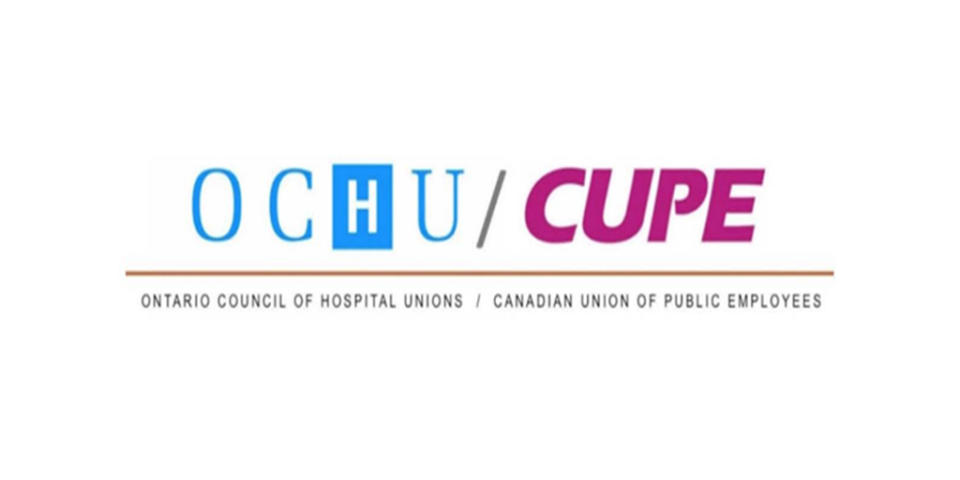CUPE responds to Etobicoke General Hospital’s decision to privatize housekeeping and ancillary services


TORONTO, June 27, 2024–(BUSINESS WIRE)–Etobicoke General Hospital is moving forward with the privatization of housekeeping, waste management, laundry and concierge services despite strong opposition from workforce represented by the Canadian Union of Public Employees. In early June, the union organized a demonstration after learning of the hospital’s privatization plans, which will affect 224 jobs.
“The hospital is making a huge mistake that will harm patients, visitors and staff,” says Erica Young of CUPE 145, the union that represents the hospital’s staff. “The evidence shows that privatizing cleaning is associated with higher rates of infection from superbugs due to a lack of infection control. When you consider the potential impact on people’s lives, this is a reckless decision that cannot be justified.”
In Canada, infections with superbugs in hospitals are increasing. The Canadian Nosocomial Surveillance Program’s 2017-2021 report shows higher rates of MRSA and VRE infections.
According to the World Health Organization, cleaning products are “the first line of defense against healthcare-associated infections and support efforts to reduce antimicrobial resistance.”
But research shows that adequate staffing and strict infection control measures are key to maintaining good hygiene in health facilities affected by privatization.
“Significant profit margins for private contractors will result in fewer staff, higher staff turnover and disrupted teamwork between cleaners and infection control specialists,” says Michael Hurley, president of CUPE’s Ontario Council of Hospital Unions (OCHU/CUPE). “It is difficult to believe that the hospital is willing to risk human lives. Hospital management should refrain from privatization plans that are sure to lead to the spread of hospital-acquired infections and, in some cases, death.”
Young, a surgical technician with 30 years of hospital experience, said privatizing the porter service would lead to delays and backlogs at the hospital due to the reduction in porter staff.
She said missed appointments would lengthen hospital stays and contribute to overcrowding, which would only exacerbate hygiene concerns created by outsourcing housekeeping. She said the union would “wage a strong campaign uniting health care workers, community allies and residents” until the hospital reverses its decision.
Privatisation of housekeeping services has failed in many jurisdictions, she says, citing a CUPE research report. In Scottish hospitals, the prevalence of C. difficile was reduced by 37 per cent after a disastrous experiment with outsourcing when cleaning services were brought back in-house.
lf/cope491
View original version on businesswire.com: https://www.businesswire.com/news/home/20240627850445/en/
contacts
Zaid Noorsumar
CUPE Communication
[email protected]
647-995-9859



